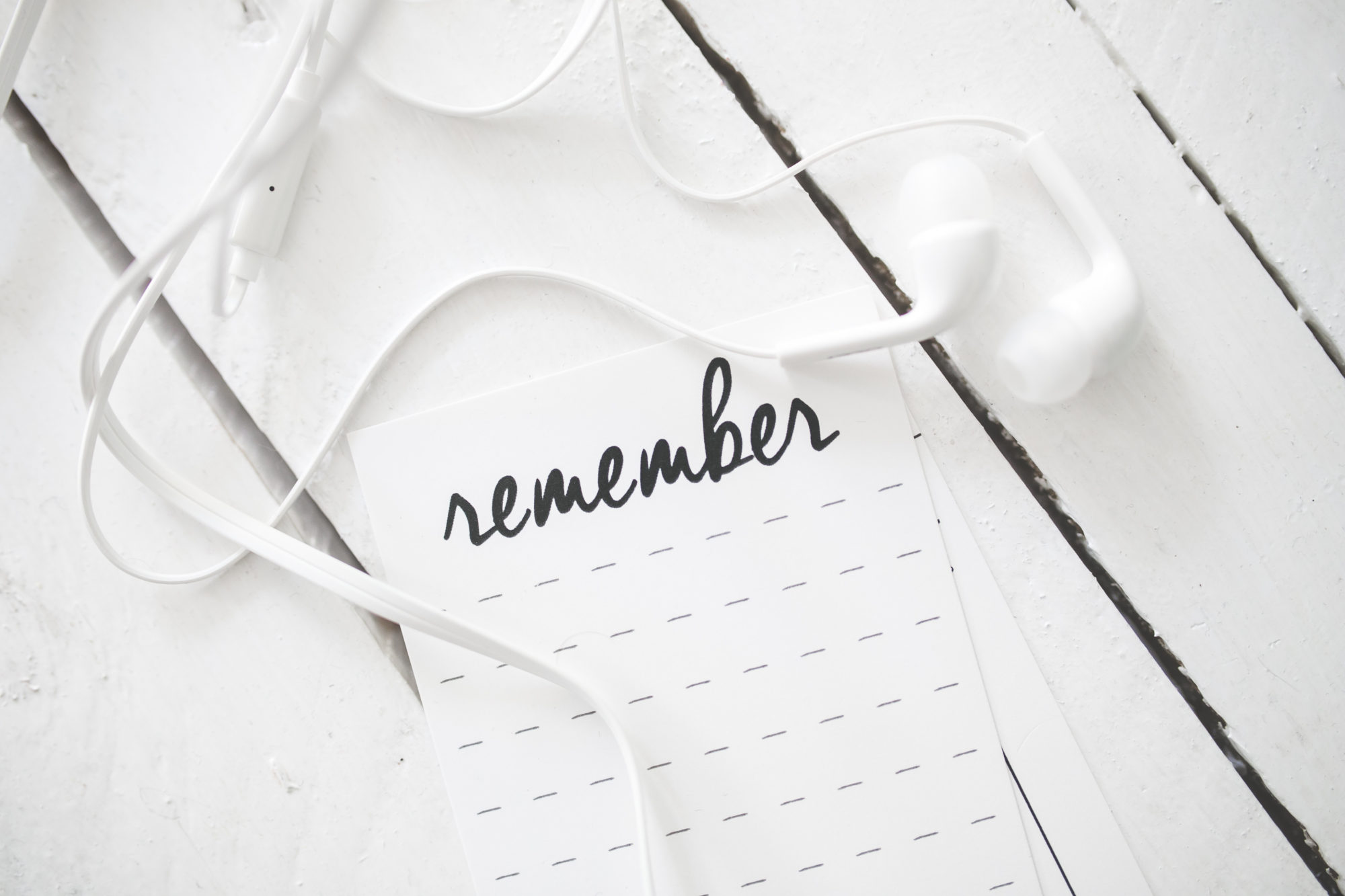One of the things that can detract from our happiness is a lingering to-do item.
I’d be rich if I had a dollar for every time I’ve woken up at 5:00 am worrying about an unfinished project, an email I forgot to send, an appointment I didn’t have a chance to make, or something I meant to do, but didn’t.
Researchers used to think that this low-level worrying about unfinished tasks was our unconscious mind trying to help us get things done by reminding us of what we still needed to do, and that the reminders — or distracting thoughts and worries — would persist until the task was complete. This in itself is a worrying theory for those of us who have never-ending task lists.
But now research shows that simply making a plan to deal with an unfinished task makes a huge difference in our ability to focus on other things — without being constantly reminded by our unconscious mind about what else we need  to do. When we don’t have a plan, in contrast, our thoughts will typically wander from whatever it is we are doing to our undone tasks. As it turns out, our unconscious isn’t nagging us to do the task at hand, but rather to make a plan to get it done.
to do. When we don’t have a plan, in contrast, our thoughts will typically wander from whatever it is we are doing to our undone tasks. As it turns out, our unconscious isn’t nagging us to do the task at hand, but rather to make a plan to get it done.
Take Action: Before you leave work or hit the hay this evening, take a look at your task list and make a plan for completing unfinished tasks. Knowing what the next step is for undone items, and when you will do them, can make you a whole lot happier.
Join the Discussion: What task do you often worry about when you haven’t completed it? Does it help you to make a plan? Comment below.

